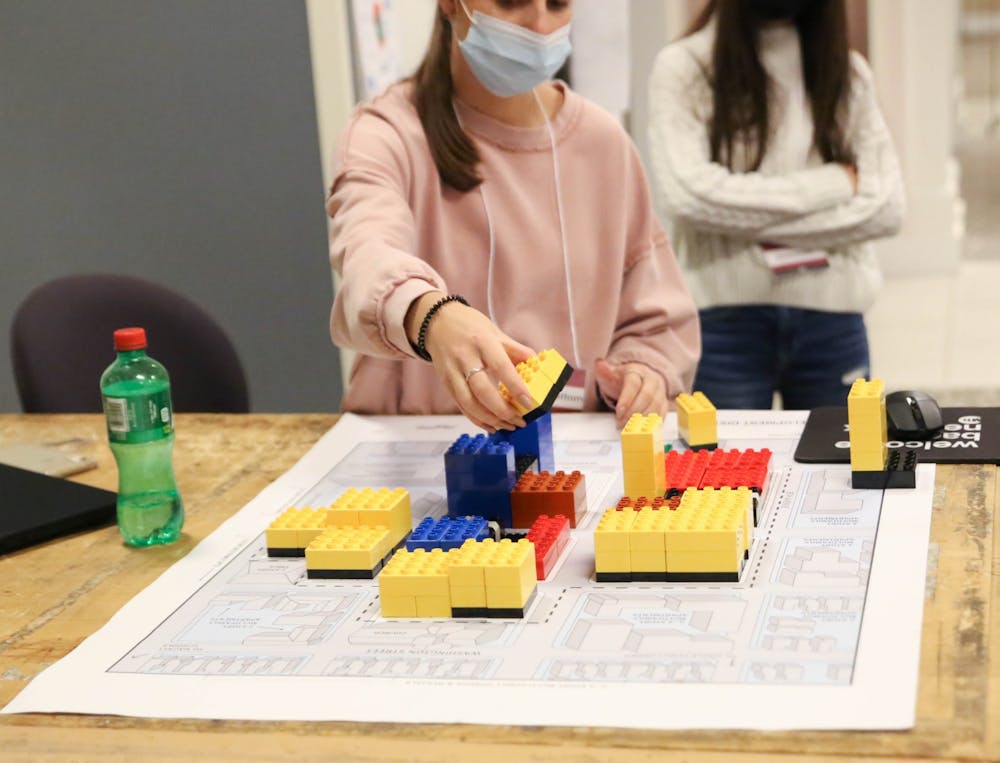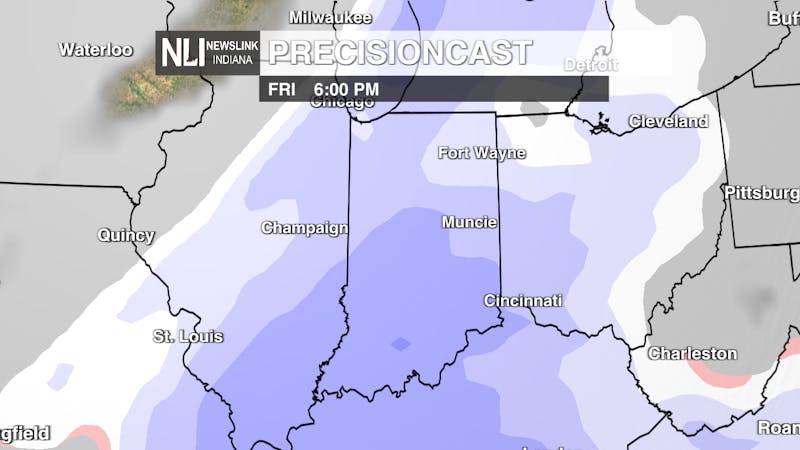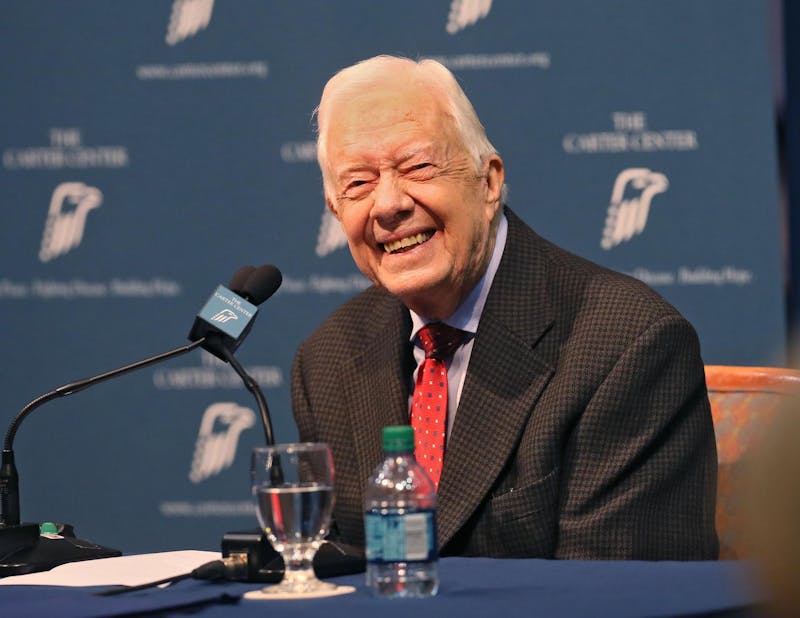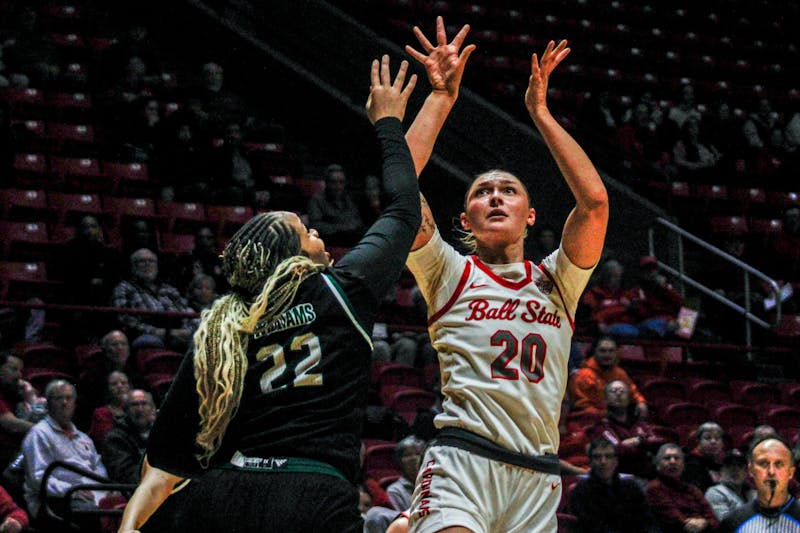Since the mid-1960s, Ball State's College of Architecture and Planning (CAP) has educated the next generation of urban planners at both the master’s and bachelor’s degree levels. Now, after almost 60 years since it was formed, CAP has taken its goal of education one step further and is teaching high schoolers about urban planning.
Over the fall semester, CAP is offering three workshops for high school students interested in urban planning. The workshops, which were originally designed to educate the general public on real estate development concepts, were adapted for educating high schoolers by Scott Truex, associate professor of urban planning and chair of the Department of Urban Planning, and Mary Banning, instructor of urban planning.
Truex, 1981 Ball State alumnus, began his career in urban planning in 1974 as a Ball State student. In 1986, after spending a few years in the job field, Truex returned to Ball State as an educator.
“Planning is very important because otherwise, you have no direction — you don't know where your community's going,” Truex said. “So, the purpose of a plan is to reach community consensus, have public involvement, public discussion and to have a vision of where the whole community wants to go.”
Truex has taught students fundamental and technical skills necessary for their success in the field of planning for more than 30 years. In the class Introduction to Planning (PLAN 100), Truex and Banning introduce students to a simulation known as UrbanPlan.
Register for the upcoming UrbanPlan Workshop
This free program from the College of Architecture and Planning will host its final UrbanPlan Workshop Dec. 4 in the Muncie Mall. High schoolers grades 9-12 are invited to learn more about managing community growth and change through the lens of urban planning. The event will take place Dec. 4 from 8:30 a.m. – 5:00 p.m.
Each student will receive a copy of the UrbanPlan Student Handbook and other resources. Students will need access to a laptop computer to receive preparation materials for the required Zoom meeting with UrbanPlan team members Dec. 2 from 7–8:30 p.m.
To register or for more information, contact planning@bsu.edu.
Source: UrbanPlan Workshop website
During UrbanPlan, students are presented with a simulated town that has suffered from a large fire, and participants must play different roles representing various, and sometimes conflicting, interests. Students are provided with letters from local residents, just as a real planner might see, and must determine the best way for the community to rebuild the space.
UrbanPlan was developed about 15 years ago by the Urban Land Institute (ULI), a nonprofit organization that conducts research and educates the public on real estate concepts as a simulation to educate the public and students on how urban planning works. Since introducing UrbanPlan, Truex and Banning said they have seen an increased interest in urban planning among Ball State students.
Through UrbanPlan, Elise Jones, junior urban planning major, found her interest in planning despite coming to Ball State unsure of what she wanted to study. Jones said while taking PLAN 100, she saw all her interests align in the field of urban planning.
“I was asking around, talking to some older planning students, and [the major] just felt right, so that's when I jumped in,” Jones said. “The [urban planning major] covers a lot of topics, and you can go to a lot of different careers … I knew that I would find a path within planning.”
Now, Jones, along with a handful of other urban planning students, have set about a new task. Under the guidance of Truex and Banning, the students are introducing UrbanPlan to high school students through departmental outreach programs.
The second of these UrbanPlan workshop events was held Nov. 6 and saw nine high school students from across the state of Indiana travel to CAP’s classroom in the Muncie Mall. Nathaniel Curtis, a senior from North High School in Evansville, Indiana, attended the event and said his interest in problem-solving was a large factor that drew him to urban planning as a possible future career.
The morning of the event, Curtis and his mother made the roughly four-hour drive from Evansville to attend, and he said he had to wake up at 1 a.m. to get ready. Curtis was given the role of neighborhood liaison during the simulation and was in charge of representing the local communities within his group.
“The role of the neighborhood liaison is to consider, read and draw from the responses of letters that groups with great affiliation or political power have put forth ideas for the developers,” Curtis said. “What that means in the developing group is that you will have to advise the other team members where things should be placed for the best social response currently and for attracting new people.”
Curtis said the role of neighborhood liaison was a good fit for his interest and personality. In the future, Curtis said he hopes to attend college, possibly Ball State, to obtain a degree in urban planning.
Brenden Resnick, sophomore urban planning major, interned with Truex at Ball State this past summer and helped develop the UrbanPlan program for high schoolers. Resnick said the goal of UrbanPlan is to introduce the basic concepts that real estate developers, urban planners and regional planners use every day.
“What [UrbanPlan] does is just introduce people to a lot of real estate concepts and gets you thinking about what planning is and how it impacts places that you want to see grow,” Resnick said. “We planners are expected to go into communities and ask them what they need, and that is [a] relationship. That [relationship] is really important for the success, not only of the plan for the community, but really in our careers as well.”
Resnick said soft skills, such as communication, are also necessary for success in the simulation. Additionally, Resnick said making mistakes in the simulation is OK, even at the graduate and undergraduate level.
“CAP tends to emphasize … in all of our coursework, the iterative design process,” Resnick said. “The reason we do that is because your first attempt is often not your best, and you don't know that until you keep trying and going for it.”
Dylan Gehring, senior urban planning major, is another one of Truex’s students who is helping to educate the next generation of planners. Gehring said he discovered his interest in planning in seventh grade and, since then, has been pursuing an education in planning.
“[Urban planning] is something that has tended to be in the shadows,” Gehring said. “People don't really know about it — it doesn't have a lot of public exposure until something goes completely wrong. We're really trying to just get word out to high school students and work with [them] so that we can spread the word [about] planning and help them get into a career that they'll find interesting.”
This past spring, Gehring returned to Northfield High School in Northfield, Minnesota, where he graduated from, to talk to students about urban planning. Gehring said the experience of introducing urban planning and its associated jobs to students is exciting for him.
“I think [UrbanPlan] just really highlights all these different aspects of the profession,” Gerhing said. “Really, [it] creates a teachable moment of what planning does, as opposed to just lecturing about planning topics.”
Contact Eli Houser with comments at ejhouser@bsu.edu.





The Daily News welcomes thoughtful discussion on all of our stories, but please keep comments civil and on-topic. Read our full guidelines here.